
Recipients of the Gordon and Betty Moore Foundation Fundamental Physics Innovation Awards
The Gordon and Betty Moore Foundation Fundamental Physics Innovation Awards hope to stimulate ideas on innovative ways in which emerging technologies can be used to address pressing problems in fundamental physics. The awards support a variety of ways to bring people together to discuss and collaborate on ideas to advance fundamental physics as described in the Scientific Scope.
Below, we recognize the recipients of the awards from each year with their corresponding abstracts.
Current Recipients | Previous years: 2019 | 2018
November 2020
Visitor Awards
C.D. Hoyle, Humboldt State University
C.D. Hoyle, Professor of Physics & Astronomy at Humboldt State University, will visit Naples, Italy to work with Dr. Luciano Di Fiore of the INFN and his research group at the University of Naples Federico II on the development of the LAG (Liquid-Actuated Gravity) experiment. This work is focused on initiating a novel approach for testing fundamental aspects of gravitational physics at small distance scales.
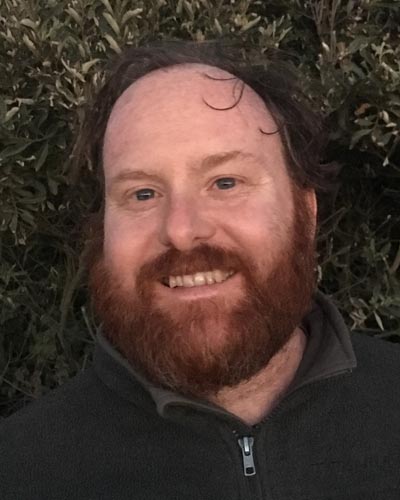
July 2020
Convening Awards
Louis E. Strigar, Texas A&M University
Our workshop will explore ideas for extracting information from current and future Coherent Elastic Neutrino-Nucleus Scattering (CEvNS) and low-energy neutrino experiments. We will bring together theorists and experimentalists to discuss the prospects for using CEvNS experiments to study the properties of neutrinos, and to search for dark matter and axion-like particles.
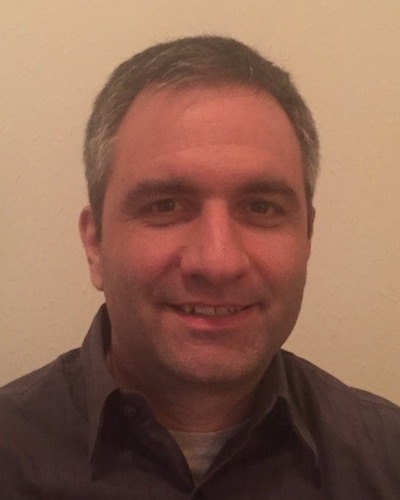
Visitor Awards
C. J. Martoff, Temple University
Martoff is PI of the HUNTER sterile neutrino search experiment, which uses AMO techniques to enable a state of the art search for physics beyond the standard model. Martoff will travel to UCLA where the experiment is being mounted, to participate in commissioning.
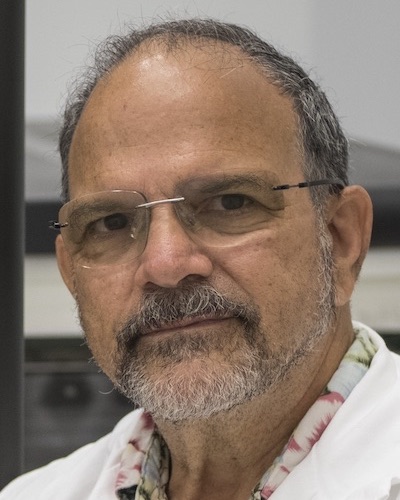
Andrew Jayich, University of California, Santa Barbara
Andrew Jayich, UC Santa Barbara Physics, will visit Jaideep Singh, Michigan State University, to present on using single trapped molecular ions to search for time-reversal symmetry violation that would indicate new physics beyond the standard model. We will discuss the practicalities of establishing a tabletop experiment that utilizes rare pear-shaped nuclei, e.g. radium or possibly protactinium, to create radioactive polyatomic molecules that would dramatically enhance sensitivity to new sources of time-reversal symmetry violation.
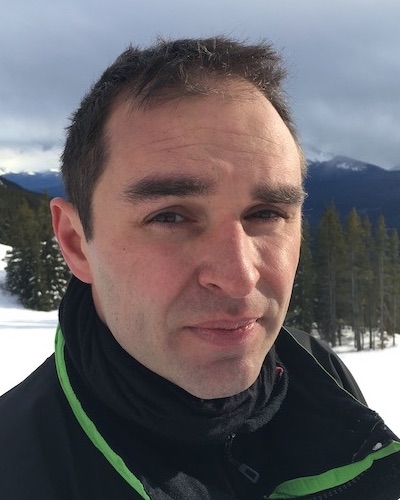
March 2020
Convening Awards
Sarah Shandera
Our workshop, "Gravitational Wave Constraints on Dark Compact Objects", will explore a new avenue for dark matter research made possible by the LIGO/VIRGO network of gravitational wave detectors. We will study the possible formation of black holes in dissipative dark matter models and how such scenarios can be detected or constrained by LIGO.
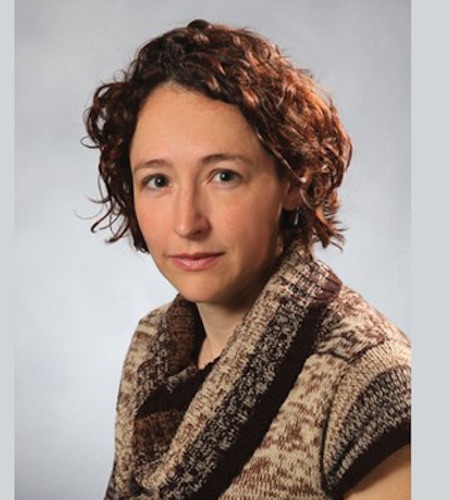
Devin Walker
The workshop, part of a conference celebrating the physics and life of Ann E. Nelson, is designed to provide a forum to foster the next generation of light dark matter searches. The focus will be on 1) the detection of axions and axion-like particles (ALPs) in laboratories, 2) the detection of sub-GeV dark matter in laboratories and 3) light dark matter production at accelerators.
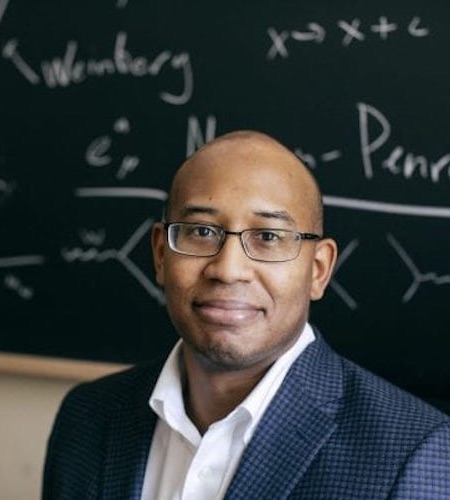
Surjeet Rajendran
This workshop is dedicated to discuss emerging trends in theoretical particle physics relevant to understanding phenomena in our universe. This includes new approaches to the detection of dark matter and dark energy, novel solutions to the hierarchy and cosmological constant problems and new developments in theoretical and experimental gravitational physics.
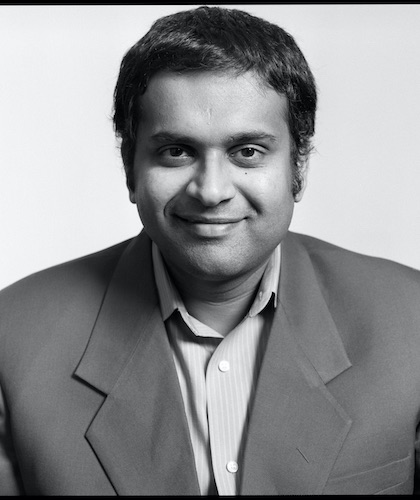
Visitor Awards
Surjeet Rajendran
Surjeet Rajendran will visit Peter Graham at Stanford. We propose to develop new techniques for laboratory detection of dark energy and low-frequency gravitational waves.


